TA NEA 20 November 2021
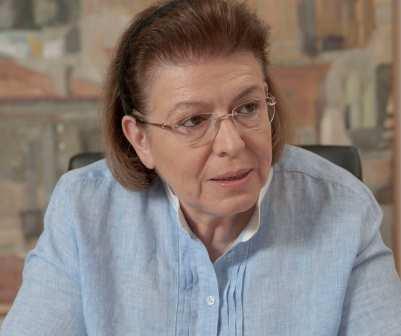
Kyriakos Mitsotakis’ meeting with the British Prime Minister, brought the reunification of the Parthenon Sculptures back onto the world stage. Boris Johnson's response was limited to the long-established rote, that this is a matter for the British Museum, and despite UNESCO’s recent decision that the issue should be discussed between two nations: Greece and the UK. The British Prime Minister's answer has been used before, and has become a standard reply.
The British Museum is not a state museum. However, it is generously subsidized by the state. And, of course, it is subject to British law. According to the current law (1963), its Trustees are not entitled to consent to the removal of the Sculptures. However, this does not mean that the British Government is not entitled, if the will is there, to amend this law.
Elgin was an opportunist and used illegal and illegitimate means to fircibly remove and export the Sculptures from Greece for his own purposes, to decorate his ancestral home. This is a blatant act of theft, accompanied by unprecedented vandalism, which caused incalculable damage to the monument, in addition to the physical damage and aesthetic integrity.
Elgin, acted as a looter, when he went on to sell the Sculptures to the British government, which in turn placed them in the British Museum. The British government , knowingly, accepted products of theft, ignoring the scandal that erupted in public opinion at that time, the strong objections and protests of prominent figures in Britain and Europe. The historical data of the Ottoman rule proves that there was no legal acquisition of the Sculptures by Elgin and, consequently, not by the British Museum also.
The struggle of Greece for the repatriation of the Sculptures began almost immediately after the establishment of the Greek State. It became international in the 80’s with Melina Mercouri’s passionate, official request, made to both the British Museum and UNESCO.
Our position has been from the outset and remains national, unanimous, unchanging, and clear. The violent and destructive forced removal of the Sculptures from the Parthenon and their subsequent division from their natural and conceptual environment is contrary to the current laws, the common sense of justice and the morals of the time, which took place, are still evident. Today, it is also still contrary to national and international law, international agreements, and conventions, as well as to commonly accepted principles and concepts for the protection and management of cultural heritage.
The Greek State does not recognize the British Museum’s right of ownership, and possession of the Sculptures. On the contrary, it is constitutionally and morally obliged to claim and pursue by any appropriate means their final, permanent return, in order to restore the law and moral order, and above all to restore the integrity of the monument.
Our claim for the reunification of the Sculptures has in addition a broader and universal cultural dimension. Unlike other looted monuments, the Parthenon Sculptures are integral parts of a complex architecture and artistic creation, constituting a single and indivisible natural, aesthetic, and conceptual entity. At the same time, the Parthenon is in direct relationship and relevance to the buildings that surround it and, which, constitute an inseparable unity, which is determined and highlighted by the natural landscape of the Acropolis. This unity has a specific ideological and conceptual background, while it conveys specific messages and symbolisms.
Perpetuating the breakdown of the integrity of the Parthenon, with its universal symbolic value and unifying power, is a constant moral and cultural crime. For this reason, the Greek request was not limited to a national context. It acquired an international dimension. It has emerged as a universal, urgent, and always timely demand of civil society everywhere. On a symbolic level it has become synonymous with the international demand for universal respect for and defense of the common cultural heritage of humanity.
On the other hand, the British Museum, and those behind it, remains attached to colonial origins, starting from a basic component of their character and mentality, the competitive collection and demonstration of all kinds of "acquisitions" and "trophies".
The Greek State, at the highest level, has declared its intention to remedy the void that the return of the Sculptures will create in the British Museum, offering temporary exhibitions of outstanding antiquities. At the same time, however, it assures the British side that as long as it persists in its refusal, Greece will continue to intensify the pressure internationally, until it becomes unbearable, and the British are forced to reconsider their stance.
Dr Lina Mendoni
Minister for Culture and Sports
To read the original article in Greek, visit Ta Nea and we've added a link to a pdf of that page.

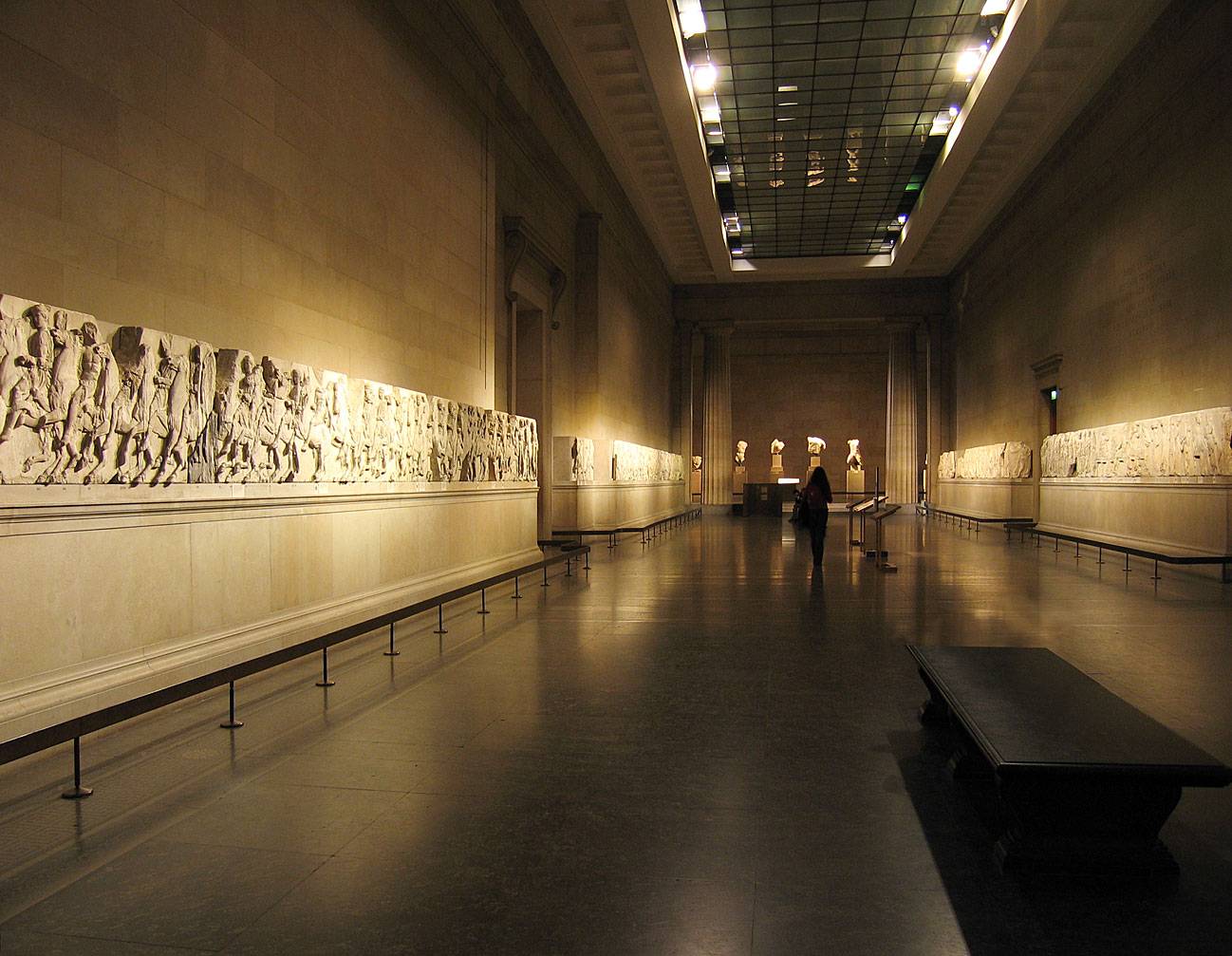
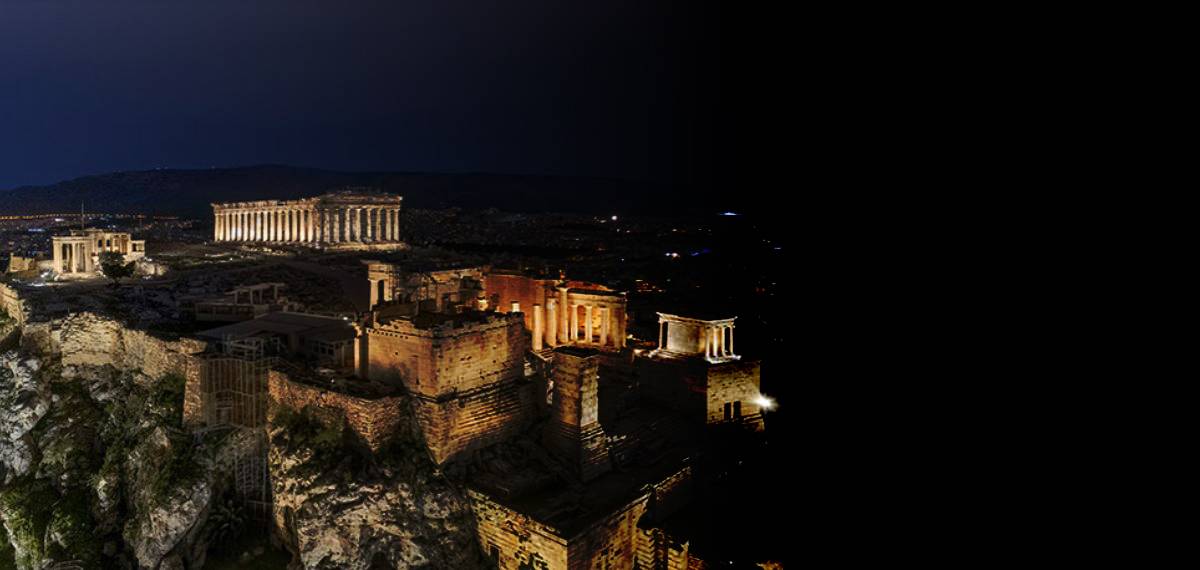
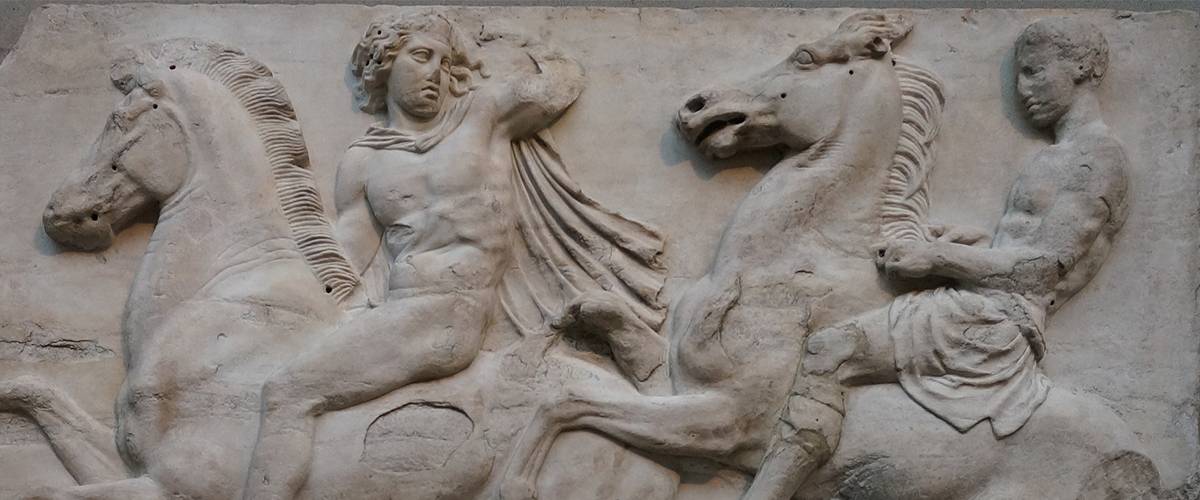

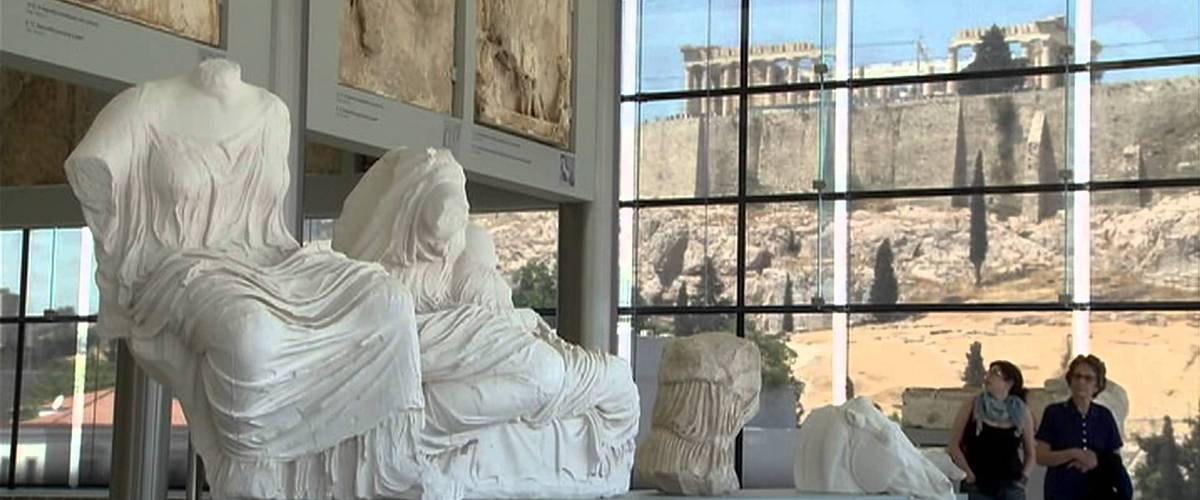
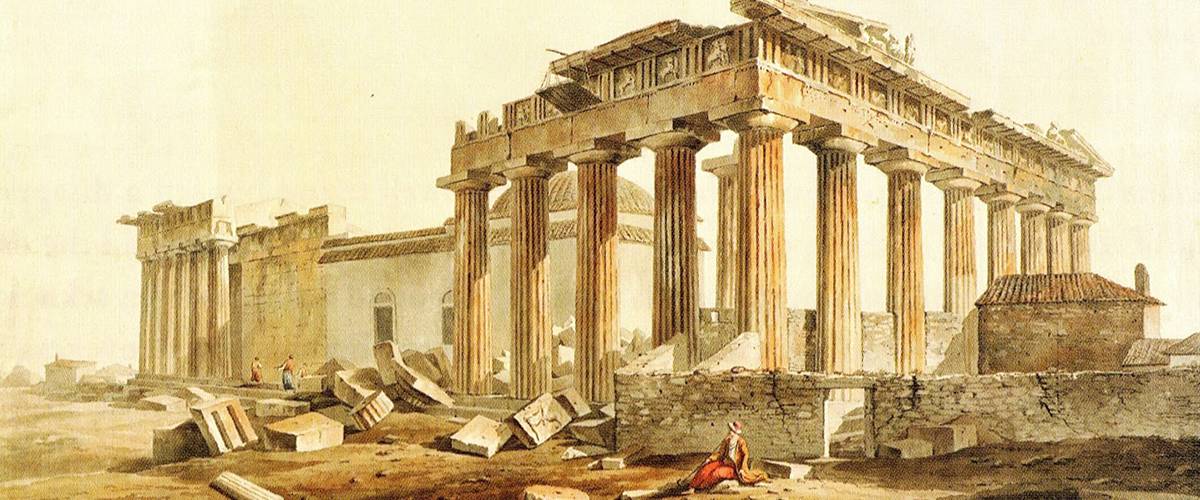
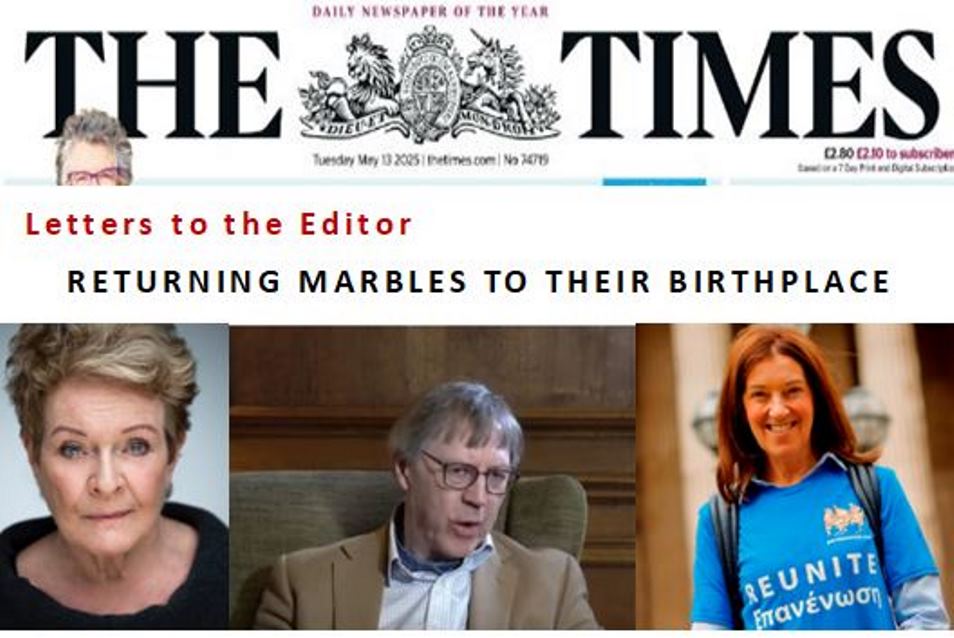
Comments powered by CComment